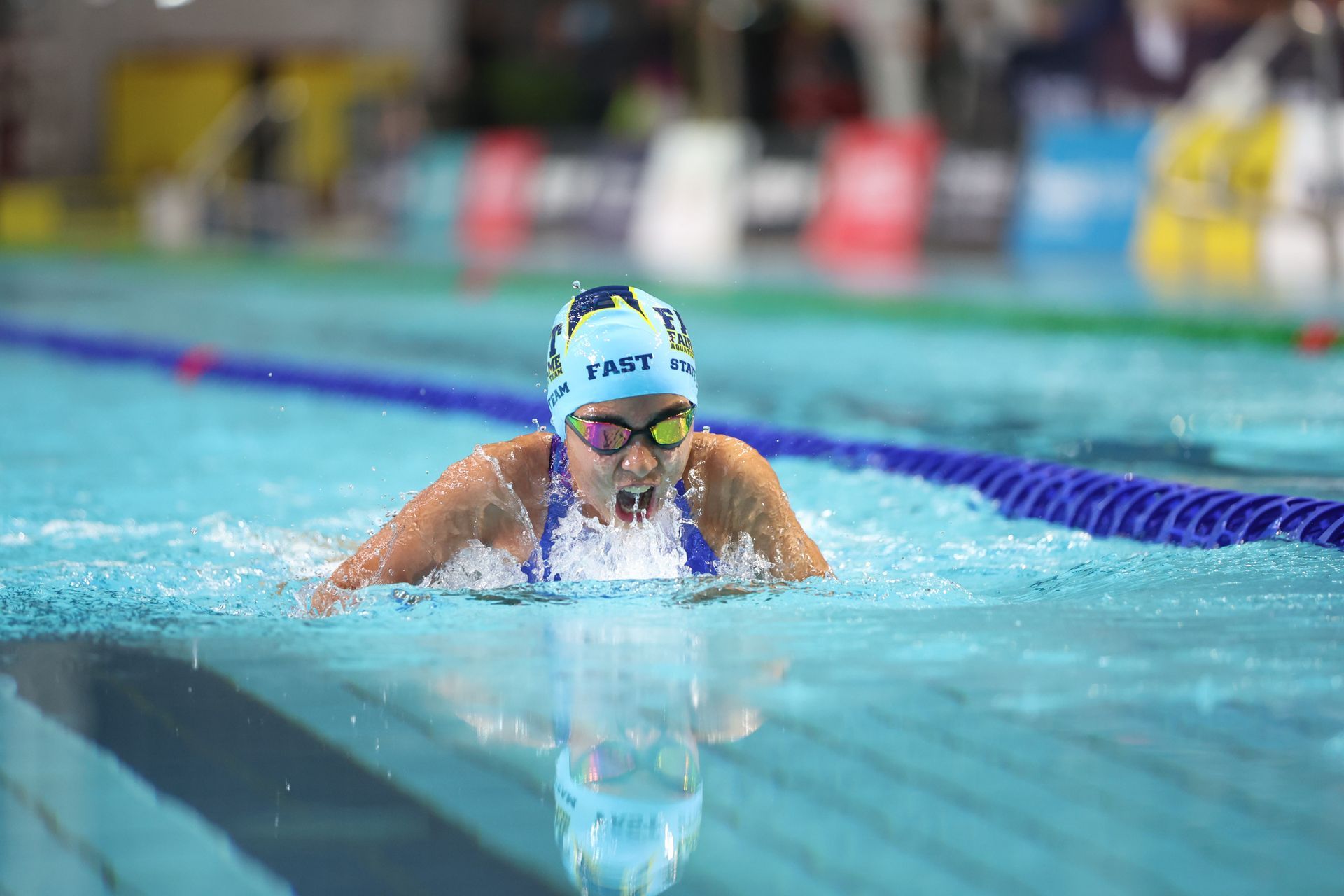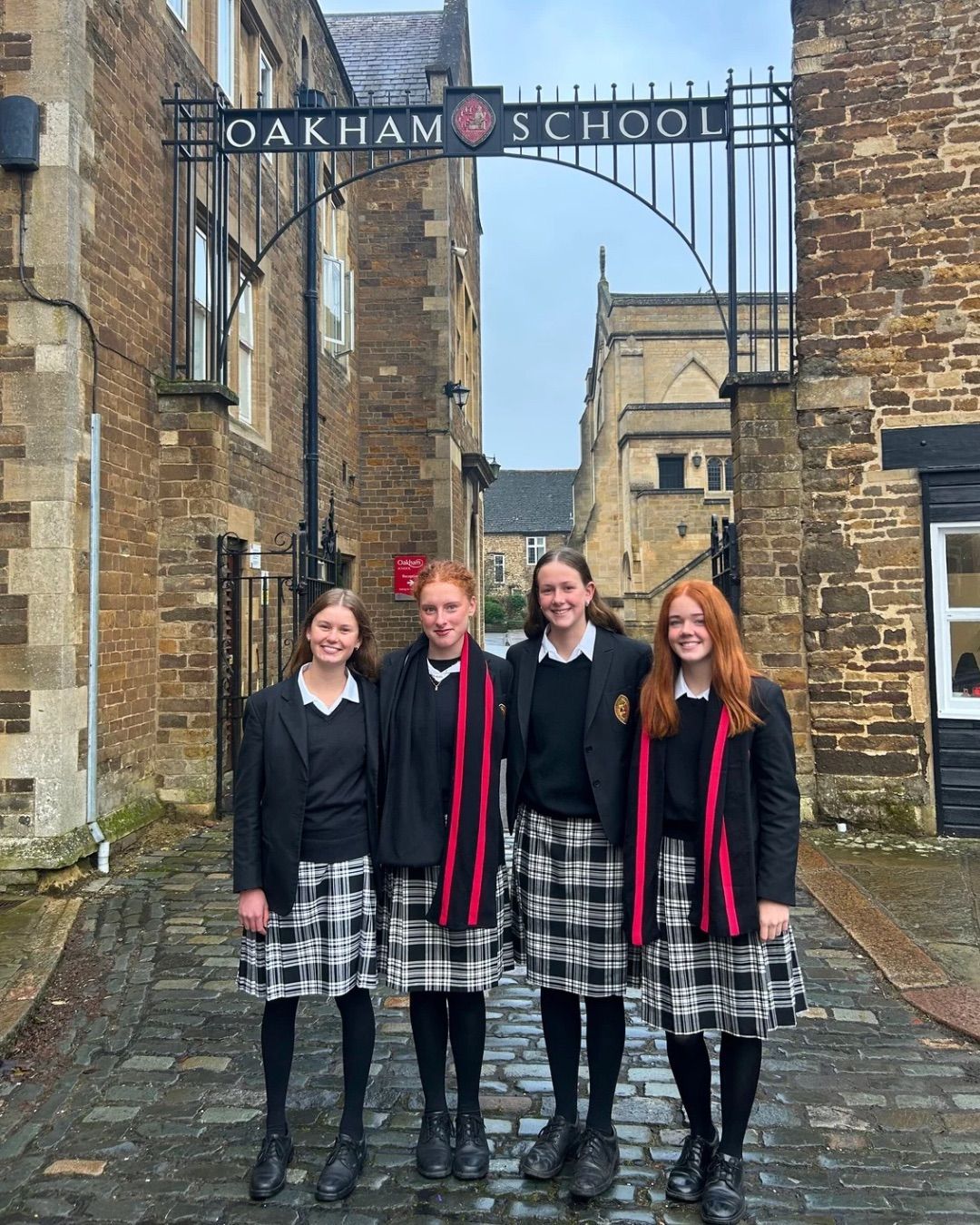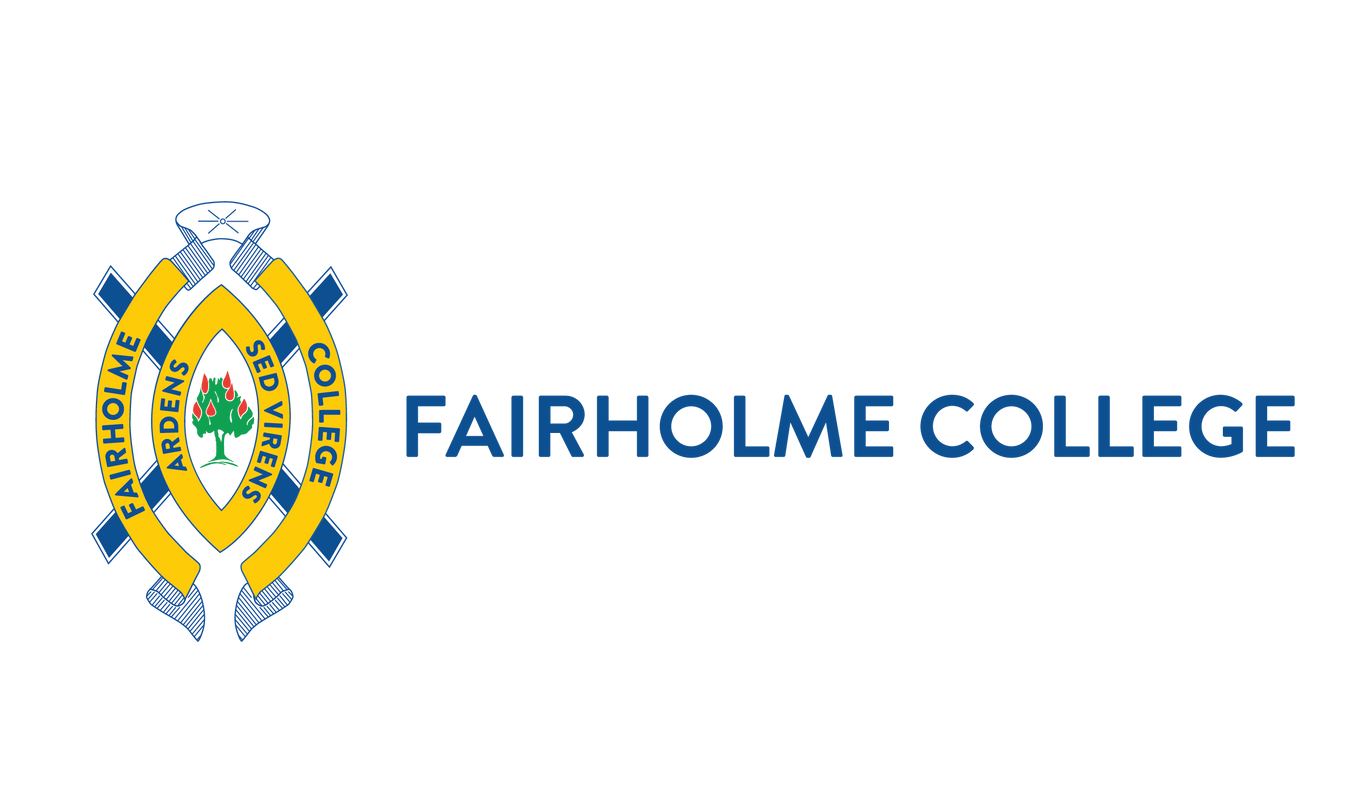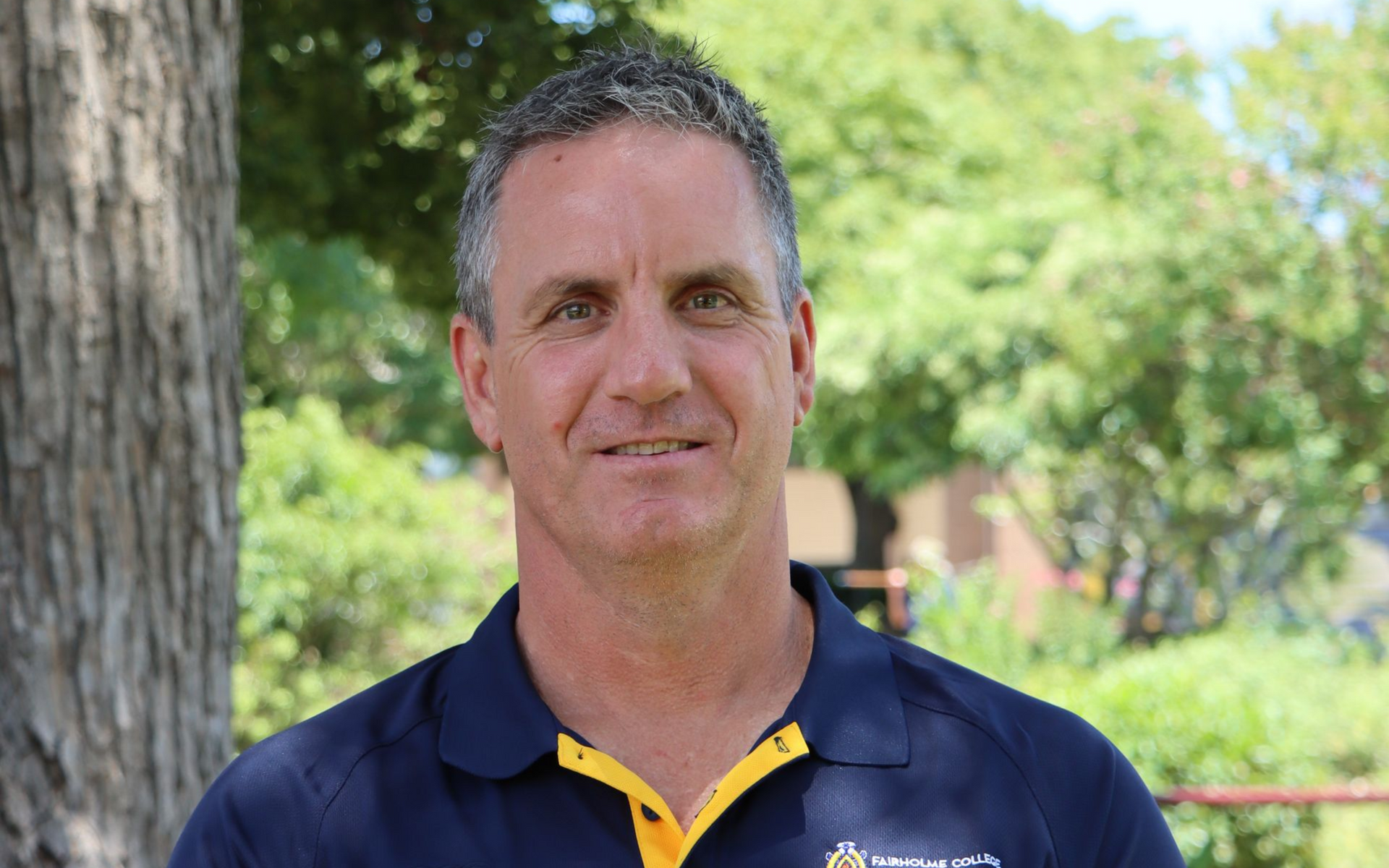Please Just Say You’re Proud Of Me
Please Just Say You’re Proud Of Me
I could say, justifiably so, that I was so proud of Fairholme last Tuesday, as we shared Sess’ Memorial service together, in community. Far better to say: I am proud to be part of the Fairholme community. Even better to say: I am so grateful to be part of the Fairholme community.
I was struck by both a depth of grief and a depth of gratitude that sat dichotomously together, strangely in alignment. It is possible to feel both emotions at once, I discovered. That I was sad, that we were collectively sad, comes as no surprise to anyone who crossed paths with this man who grew self-belief in so many, inspired hope in so many and cared for so many. That is a given. What surprised me more, was the groundswell of gratitude I felt for those who shared that moment, and particularly the courage of our students who took to the stage or formed the guard of honour or performed one last Jump’n’Jive for the teacher/mentor/coach they revered. In sharing grief, there is bravery. How could one not feel grateful to be a part of such a community?
Yet, just on Friday, I attended a conference focused on Parent Engagement, one of the presenters referred to a text ‘Please Just Say You’re Proud of Me: Perspectives of Young People on Parent Engagement and Doing Well at School’ produced by the Australian Research Alliance for Children and Youth in 2019. It was the phrase ‘please just say you’re proud of me’ that I couldn’t shake throughout the day. It is that almost plaintive voice that sits within us all, as we seek our parents’ approval, at almost any stage or age of life: the need to please our parents. Whilst this can be a motivator, a signifier of our love for mum and dad, it can also cause “high degrees of stress and anxiety” (Roy, Barker, and Stafford, 2019). It is unsurprising that students find parental vested interest in them, their schooling, their successes - a source of additional pressure. How easy it is, to interchange the words proud and grateful without being awareness of the difference in meaning. And there is.
Seeking affirmation can have its downside, particularly as children enter adolescence (deemed to be around the age of 9 to 13) and start to “detach from childhood,” (Pickhardt, 2015) seeking out independence, and a sense of self not entwined with their parents. It is at this time that hearing those words, “We are proud of you,” or “I am proud of you,” can be the metaphoric double-edged sword compliment. There is a sweetness in pleasing our parents, but this can easily wend its way to the anxiety-inducing thoughts – “I have to please my parents at all costs.” “I can’t bear to let my parents down.” At worst, it can also be a time where parents absorb “personal credit” (Pickhardt, 2015) for their child’s achievements, where a parent’s own self esteem rests precariously upon the successes or perceived failures of their child. Of course, as parents, we cannot disentangle ourselves from our children, that is simply an impossibility. However, we can, as suggested by Pickhardt, think carefully before we use the words ‘pride’ or ‘proud’. We might be better placed to consider words to the effect: “Good for you.” “We are happy for you.” “You look really pleased with your effort.” Or, if we can’t detach from the ‘p’ word, it might be better to venture to “I’m so proud to be your Mum/Dad”.” The subtle turn in language shifts the feeling. It stops us from owning their achievement, or them.
Being grateful rather than proud allows us to congratulate adolescents without entering the dangerous space of congratulating ourselves or living vicariously through them. Allowing our children to exist with agency and independence allows for their personal growth, with all its peaks and troughs, difficult as that can be. The key to emotional security, is for our children to know that “we have their back” that we are “in their corner” and that they are safe with us and that their achievements belong to them, not to us. Love is not contingent upon them achieving “success” – an arbitrary term often drawn from conventional definitions. Let us err always on the side of gratitude that we have for our children and rephrase our need to be proud when the thought enters into our consciousness. Parenting is, after all, the hardest job in the world, one in which we develop skills as we go – for each of our unique and precious children of whom we are not proud, rather, of whom we are so grateful, even in the toughest of circumstances.
Dr Linda Evans | Principal
REFERENCES
Royy, Barker & Stafford (2019). ‘Perspectives of Young People on Parent Engagement and Doing Well at School.’ Canberra: Australian Research Alliance for Children and Youth (ARACY).
Marchese, D. (2021). ‘Dr. Becky Doesn’t Think the Goal of Parenting Is to Make Your Kid Happy.’ The New York Times Magazine. Nov. 14, 2021.
Pickhardt, C. (2015). ‘Adolescence and Making Parents Proud.’ Psychology Today.
More News…
